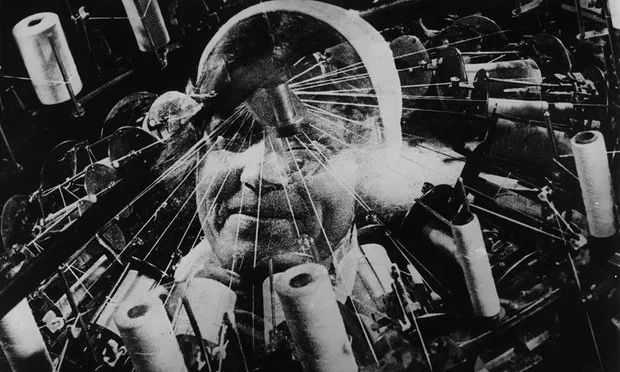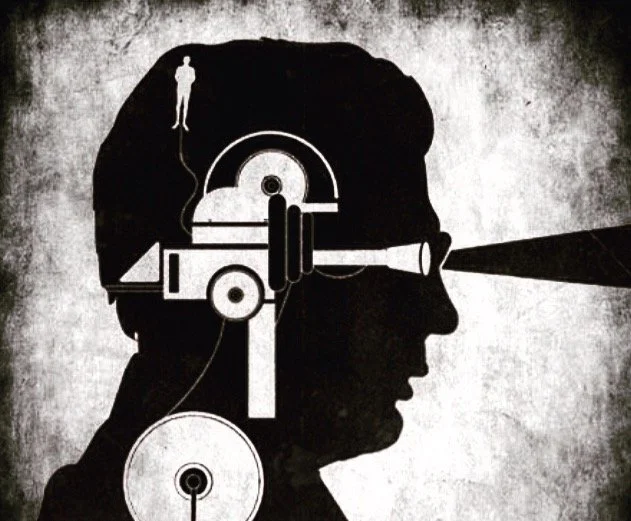Film Directing 103: Script Analysis
/Script analysis fundamentals for the beginning director
As a director you receive a script written in a screenplay format. This is the whole story with all of the scenes and characters. Your job is to turn that into a film.
In order to have a powerful and unique visual interpretation of the screenplay you need to know the story inside out; the characters, the dialogue, the subtext, the conflict, the story arc, the genre — and a thousand more details.
It can be exhausting. That’s why they’re gonna pay you the big bucks!
Read More



